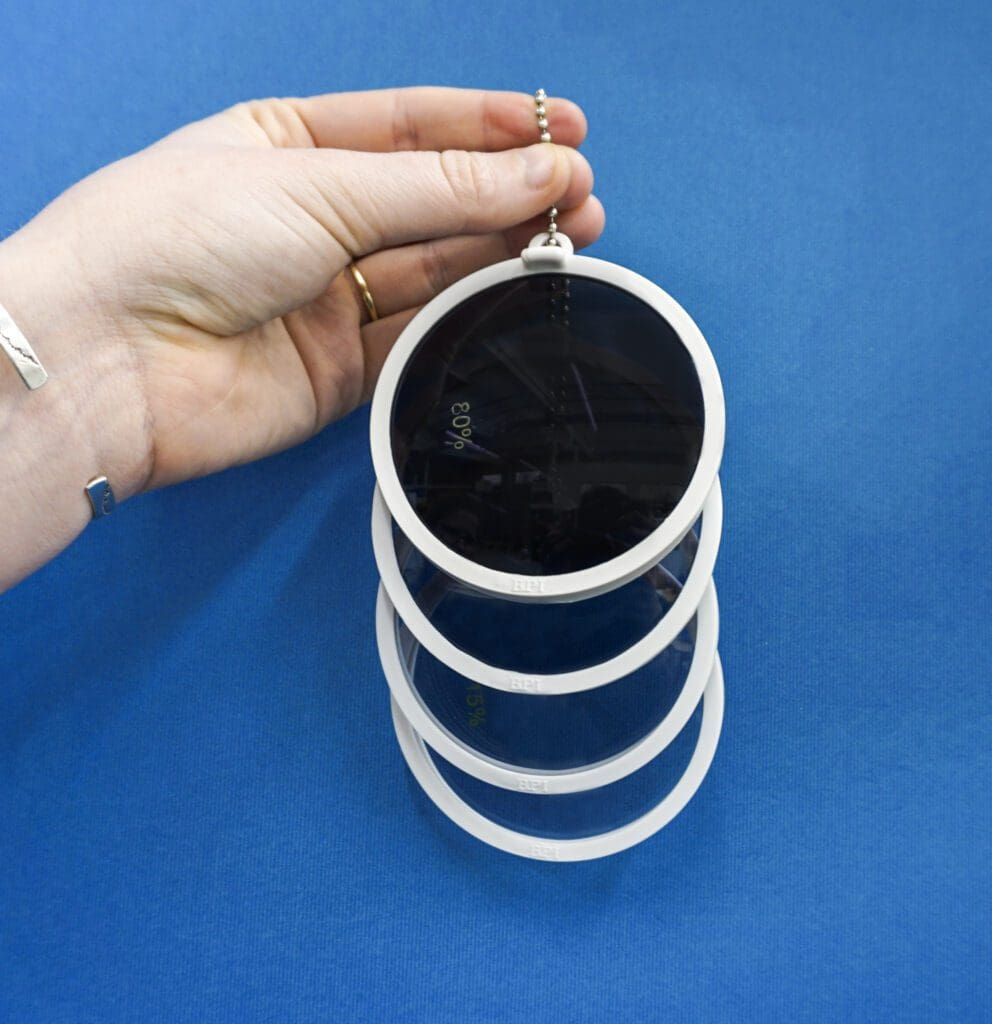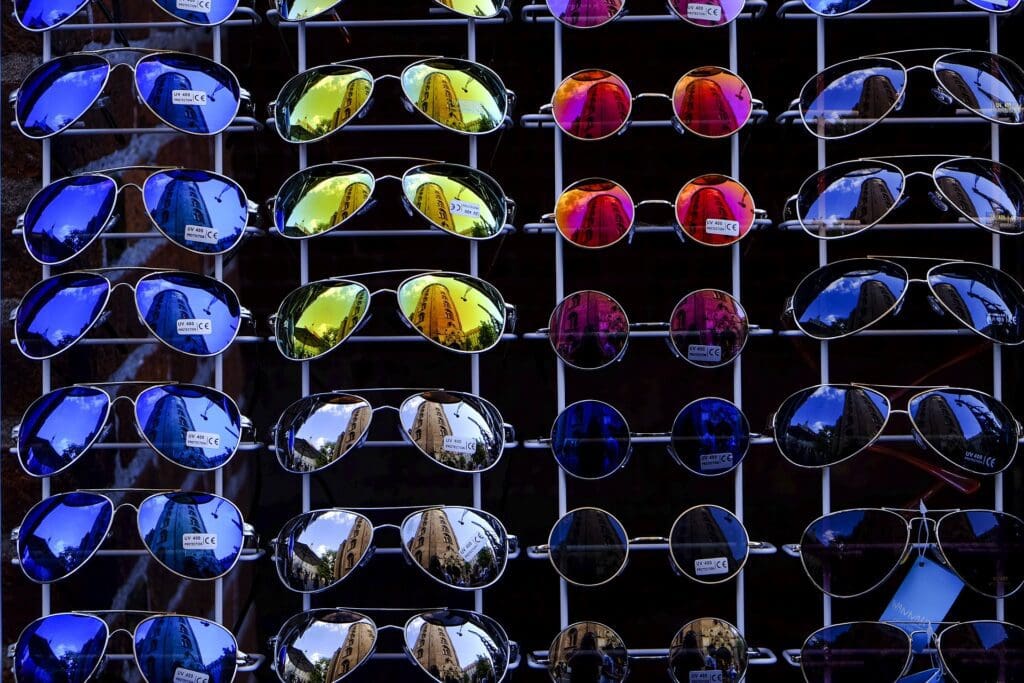Posts Tagged ‘sunglasses’
Tips On Tints
In our continued exploration of sunglasses we have looked at many aspects of tinted lenses, including the types of tints, lens colors, and densities. These lenses are a fashion statement, are helpful in various situations, and are popular right now. While these are great options for your patients, there are some key things to know when ordering tints that might impact the final result.
Read MoreUnderstanding Lens Tint Density
How you can help your patient understand what tint density they are looking for. The percentage correlates with the amount of light that the density the lens is blocking.
Read MoreTransitions® Drivewear®
Transitions® Drivewear® adaptive sun lenses were designed to meet the unique visual challenges of daytime driving.
A high-efficiency polarizer blocks blinding glare both outdoors and behind the windshield,
for a safer and more comfortable drive.
Lens color and darkness continuously adapts to optimize color contrast in changing daylight conditions, even behind the windshield.
Transitions® Drivewear® sun lenses block 100% of UVA and UVB, and are the only lenses that combine NuPolar® polarizing technology and Transitions® photochromic technology.
Read MoreHelp your patients choose the right sunglass lens color.
Wearing sunglasses year round is important. The color of sunglass lenses is for more than just fashion! Each color also has a function to help wearers see better in different situations, and can be super helpful when it comes to sports and outdoor activities. Let’s take a look at how the different colors can help you offer the best options to offer your patients.
Read MoreAll About Lens Tints
With all these bright and sun filled days that are spent outside, it makes everyone aware of the need for some shade. Since we cannot add sunscreen to our eyes, we have to rely on sunglasses to help. However, it is important to keep in mind that sunglasses and tinted lenses should be worn year round, anytime there is extended periods of outdoor exposure. Tints reduce the amount of light that hits the eye to protect them from harmful rays from the sun. There are many options when deciding which type of tints to offer your patients and this week we are taking a look at all of them!
Read More




